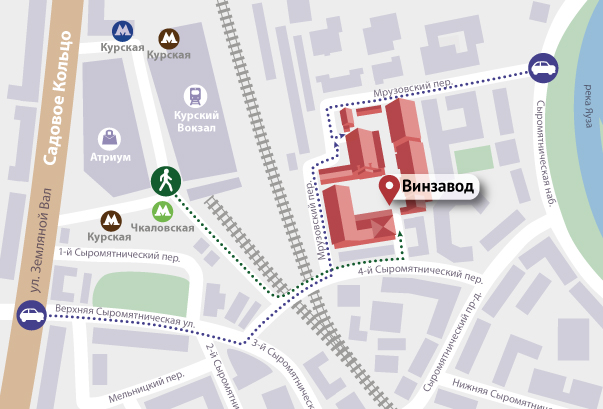The concept of the project
In the project "production novel" Nikolay Onishchenko refers to the little open topic trivialization of interpersonal relationships in the modern world. In his understanding of "production" - is a human emotion, which under the influence of the media and design have become a kind of industry. They lost their naturalness and are rather a mandatory programmed character. Practitioners and theorists of production art Russian avant-garde once imagined utopian design as a sphere where art dissolves into life, and life in art. It is because of Rodchenko, Popova, Brick, Arvatov, Tretyakov occurs widespread invasion of the artist in everyday life. However, the primary impulse of art - free, constantly turns into its opposite - commodity fetishism, based on the constant need to follow fashion, substituting one unnecessary item to the next, with a new design. The final development of the ideas contained in the production art (in their distorted version) are prepared in the phenomenon of lifestyle, when life itself, human life itself becomes the subject. It appears more advanced designers involved in the production are not things, but the whole of life, some of its options, subjectivity. They are not only motivated by a thirst for revolutionary liberation from the shackles of routine and hope to come up with a new way to earn money. The artist is a typical example of the creative worker Nikolay Onishchenko combines designer and artistic activities. Thus, in its project, we are dealing with a rare example of self-reflection in Russian art. An important source of inspiration "production novel" was literature. According to the artist, the exhibition was inspired by the works of the famous Austrian writer-feminist, a member of the Communist Party, the Nobel Laureate in Literature in 2004 - Elfriede Jelinek (in Russia, most known for her autobiographical novel "The Piano Teacher"). The central theme of creativity of the writer - an unsuccessful attempt to get rid of the Nazi past, ignoring him, as well as criticism of power hierarchies inherent in a society that seeks only to build profits and consumption. The artist uses text E. Jelinek as filling for their messages. Its graphics created on the patterns of travel, or greeting cards, reminds intimate revelation sent into the future with no hope of a precise destination. In a sense, art as a whole becomes a postcard sent by a witness to the impossible. The motives of the letter recipient, citation can be found characteristic of conceptual art appeal to the deconstructivist tradition developed by Jacques Derrida. Just as the philosopher in the late period of his work, the artist today are not interested in a methodical analysis of the body and re-form of metaphysics, and the search for real hope for the future of the world. Arseniy Zhilyaev, curator START





Arseniy Zhilyaev
Practitioners and theorists of production art Russian avant-garde once imagined utopian design as a sphere where art dissolves into life, and life in art. It is because of Rodchenko, Popova, Brick, Arvatov, Tretyakov occurs widespread invasion of the artist in everyday life. However, the primary impulse of art - free, constantly turns into its opposite - commodity fetishism, based on the constant need to follow fashion, substituting one unnecessary item to the next, with a new design.
The final development of the ideas contained in the production art (in their distorted version) are prepared in the phenomenon of lifestyle, when life itself, human life itself becomes the subject. It appears more advanced designers involved in the production are not things, but the whole of life, some of its options, subjectivity. They are not only motivated by a thirst for revolutionary liberation from the shackles of routine and hope to come up with a new way to earn money.
The artist is a typical example of the creative worker Nikolay Onishchenko combines designer and artistic activities. Thus, in its project, we are dealing with a rare example of self-reflection in Russian art.
An important source of inspiration "production novel" was literature. According to the artist, the exhibition was inspired by the works of the famous Austrian writer-feminist, a member of the Communist Party, the Nobel Laureate in Literature in 2004 - Elfriede Jelinek (in Russia, most known for her autobiographical novel "The Piano Teacher"). The central theme of creativity of the writer - an unsuccessful attempt to get rid of the Nazi past, ignoring him, as well as criticism of power hierarchies inherent in a society that seeks only to build profits and consumption.
The artist uses text E. Jelinek as filling for their messages. Its graphics created on the patterns of travel, or greeting cards, reminds intimate revelation sent into the future with no hope of a precise destination. In a sense, art as a whole becomes a postcard sent by a witness to the impossible. The motives of the letter recipient, citation can be found characteristic of conceptual art appeal to the deconstructivist tradition developed by Jacques Derrida. Just as the philosopher in the late period of his work, the artist today are not interested in a methodical analysis of the body and re-form of metaphysics, and the search for real hope for the future of the world